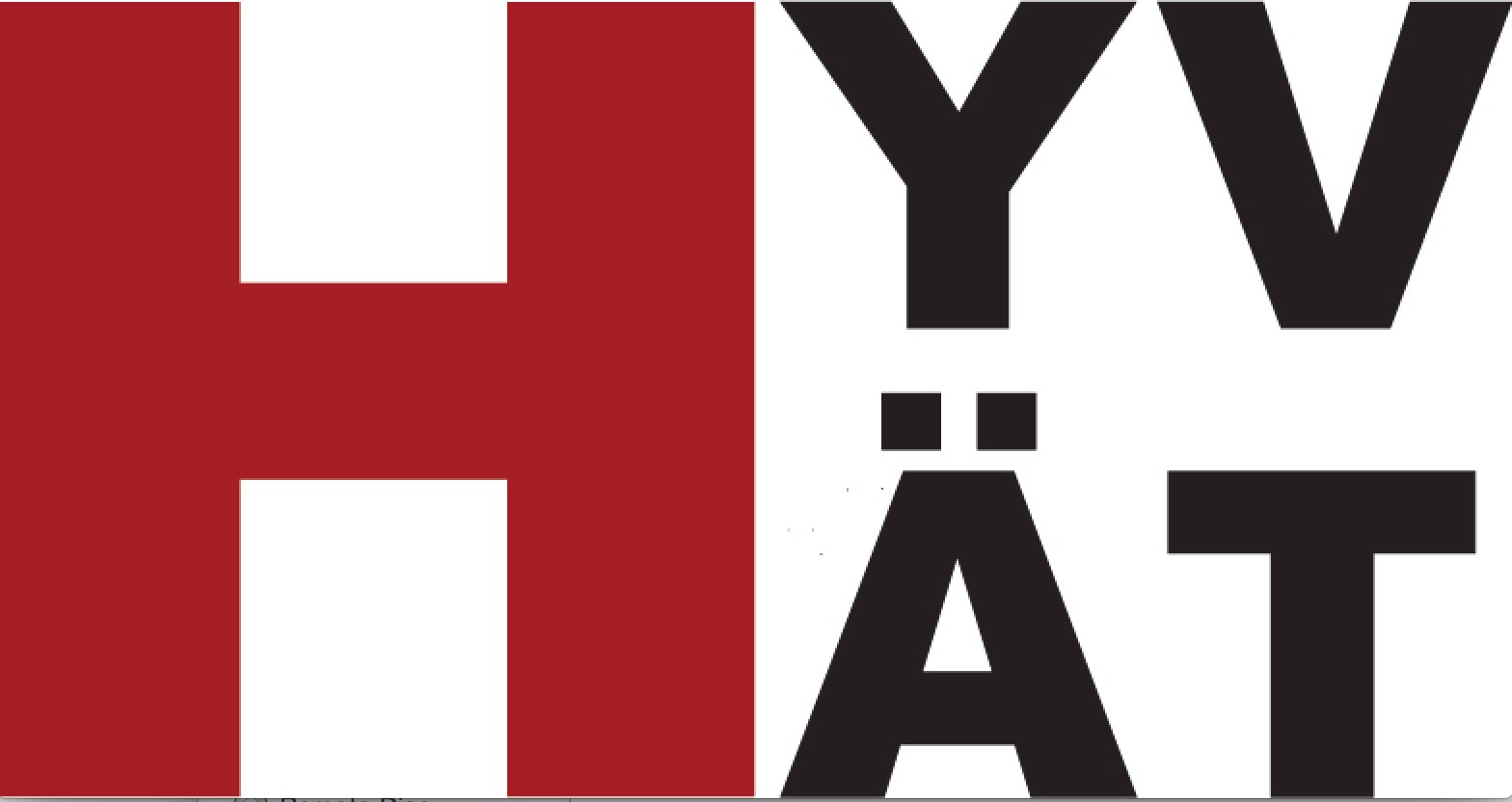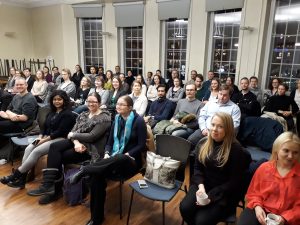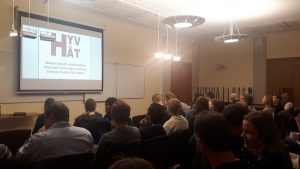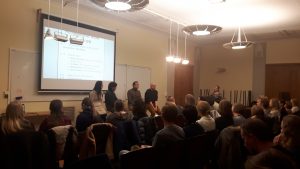The Helsinki Association of Women Researchers has made a survey on sexual harassment in universities. Quoting them:
“The conversation concerning sexual harassment affect also practices and working environments in universities. However, not much information is available about the present situation. This is why the Helsinki Association of Women Researchers decided to make an inquiry. We ask you to tell us about your experiences of sexual harassment in academia.
The #MeToo campaign has sparked debate and increased awareness of sexual harassment and the forms it can take. At the same time, concern has been expressed about how a member of the university community can, perhaps unintended or by mistake, behave in a way that can be experienced or interpreted as sexual harassment. Even if sexual harassment has been defined in legislation, many are unaware of what constitutes harassment. This is why we would like to ask your thoughts on and experiences of sexual harassment, your views on the definition of harassment and your thoughts on what special features of the academic context should be taken into account.
You may report your experiences anonymously; the answers cannot be connected to you. The answers will be used by the board of the Helsinki Association of Women Researchers in order to combat sexual harassment. The recommended research ethics guidelines will be followed.
The results of the inquiry will be used as background information for the Minna Canth event for Equality, on 19th March, held at the University of Helsinki. The aim is to continue the discussion and to find out what should and could be done in academia.
If you consent (tick the last box in the query), your answers may be used for research purposes.The guidelines prepared by the National Advisory Board on Research Ethics will be complied with.”
The inquiry can be found here.
Please answer at the latest 12th March.
Information about the Helsinki Association of Women Researchers: https://blogs.helsinki.fi/tutkijanaiset/)




